Report indicates lowest turnout in UK general elections since universal suffrage
At just 52 percent turnout, a British think tank has reported the lowest participation in the United Kingdom’s general elections since universal suffrage began a century ago.
This week, Britain’s new lawmakers entered parliament with the Labour Party, led by Keir Starmer, sitting on the government’s side of the chamber after ousting the Conservatives after 14 years in power.
However, last week’s elections were tarnished by the lowest turnout in a century, indicating that a vast group of Britons have lost trust in the UK government, seeing little difference between Labour and Conservative.
According to a report published by the Institute for Public Policy Research (IPPR) think tank on Friday, the percentage of Britons who voted on July 4 was the lowest turnout since the right to vote was granted in the UK. British males’ suffrage succeeded in 1918 and a suffragette movement to fight for women’s right to vote gained British women’s suffrage ten years later.
The IPPR report calculated the drop in British voters’ participation being less if the whole number of eligible voters was reckoned for the elections.
“These turnout estimates fall to 39 percent and 55 percent, respectively, if we consider turnout among the voting age population, rather than among registered voters,” the report found.
The survey showed voter turnout was even less in areas in the UK where Muslim communities were heavily concentrated.
For most British Muslims, the Israeli regime’s genocidal war on defenseless Palestinians in the besieged Gaza Strip was a key issue for voters in the elections.
The IPPR study found that voter turnout was 10 percent lower in constituencies with the highest proportion of Muslims. Constituencies with a high proportion of Muslims “had a lower turnout rate than areas where the Muslim population is small”.
The UK government’s continued support for the ongoing Israeli aggression in Gaza “was an especially salient issue in the 2024 general election that fell along religious lines,” it said.
The IPPR study found that the turnout was 51 percent in areas where one-third of the population is Muslim, compared with 61 percent in places where one in 50 people are Muslim.
However, Starmer’s refusal to back an immediate ceasefire in Gaza saw many Muslim voters looking to independent candidates. Five pro-Palestine candidates, including former Labour leader Jeremy Corbyn, were elected to parliament, winning in Labour strongholds.
With 24,120 votes, Corbyn was re-elected to represent London’s Islington North constituency.
Shockat Adam in Leicester South, Ayoub Khan in Birmingham Perry Barr, Adnan Hussain in Blackburn, and Iqbal Mohamed in Dewsbury and Batley were the other four independent candidates who won their seats from the UK Labour Party.
Meanwhile, Starmer, who has secured the second largest majority in the House of Commons in British history, will need to make amends with the UK Muslims who had traditionally before the Gaza war voted for Labour.
Yemen vows to ‘meet Israeli madness with strength’
Iran's javelin gold at Paris Paralympics snatched away over display of religious flag
VIDEO | Unceasing genocide against Palestinians
NIOC chief says Iran determined to raise oil and gas output
VIDEO | Social media new powerhouse in Jordan 2024 elections
VIDEO | Press TV's news headlines
Family of US woman killed by Israel demands independent probe
Sept. 6: ‘Axis of Resistance’ operations against Israeli occupation


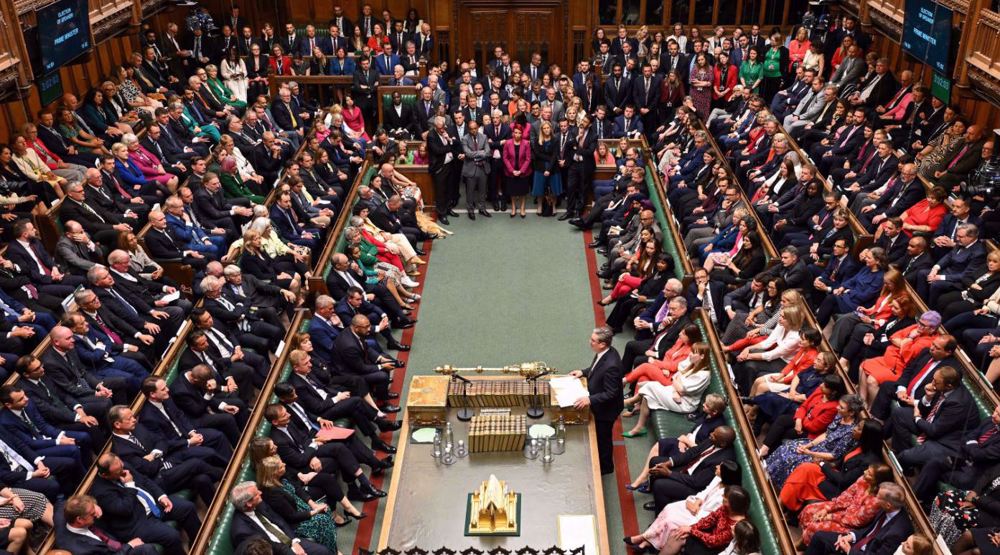

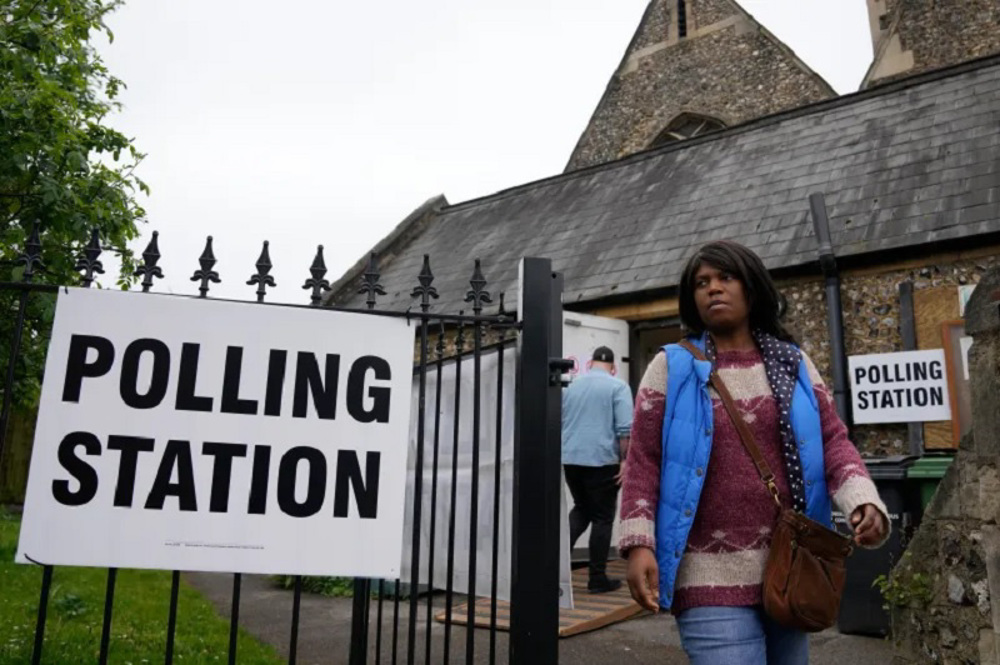
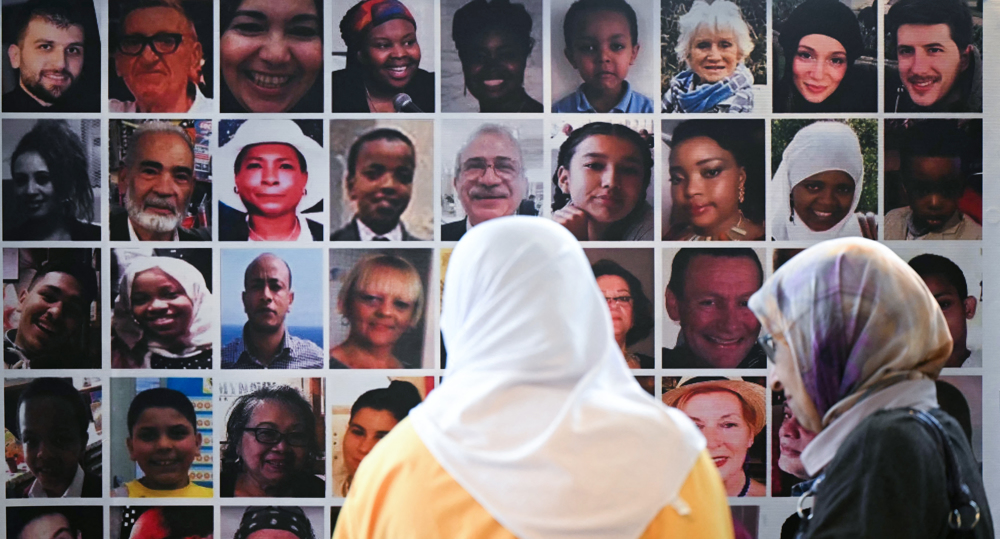
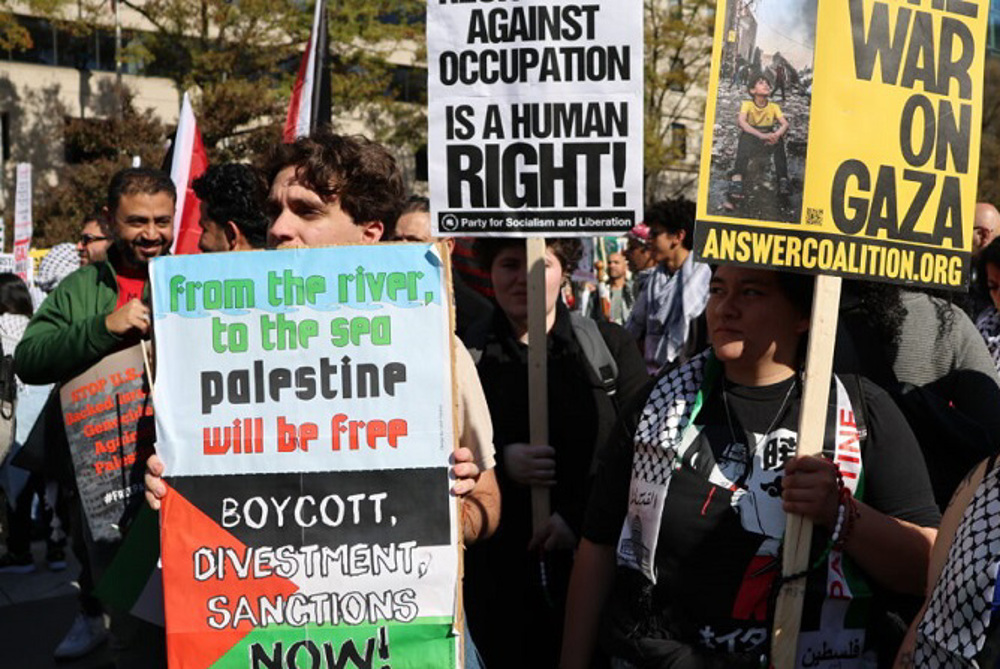
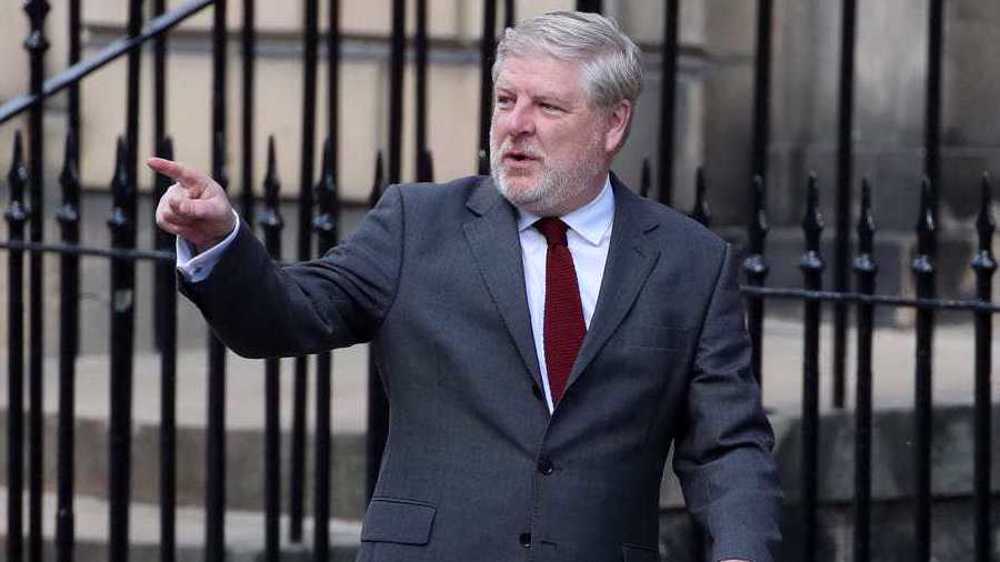



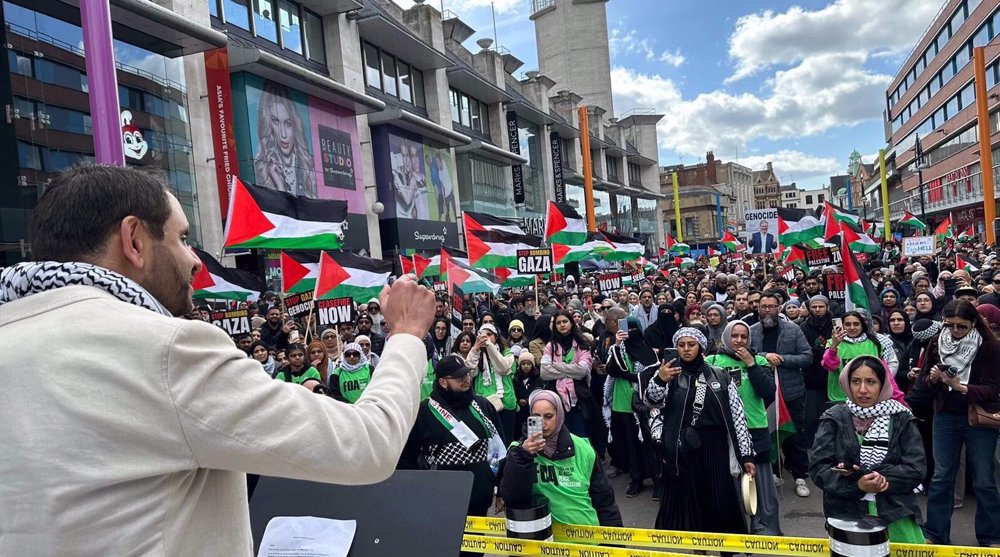

 This makes it easy to access the Press TV website
This makes it easy to access the Press TV website